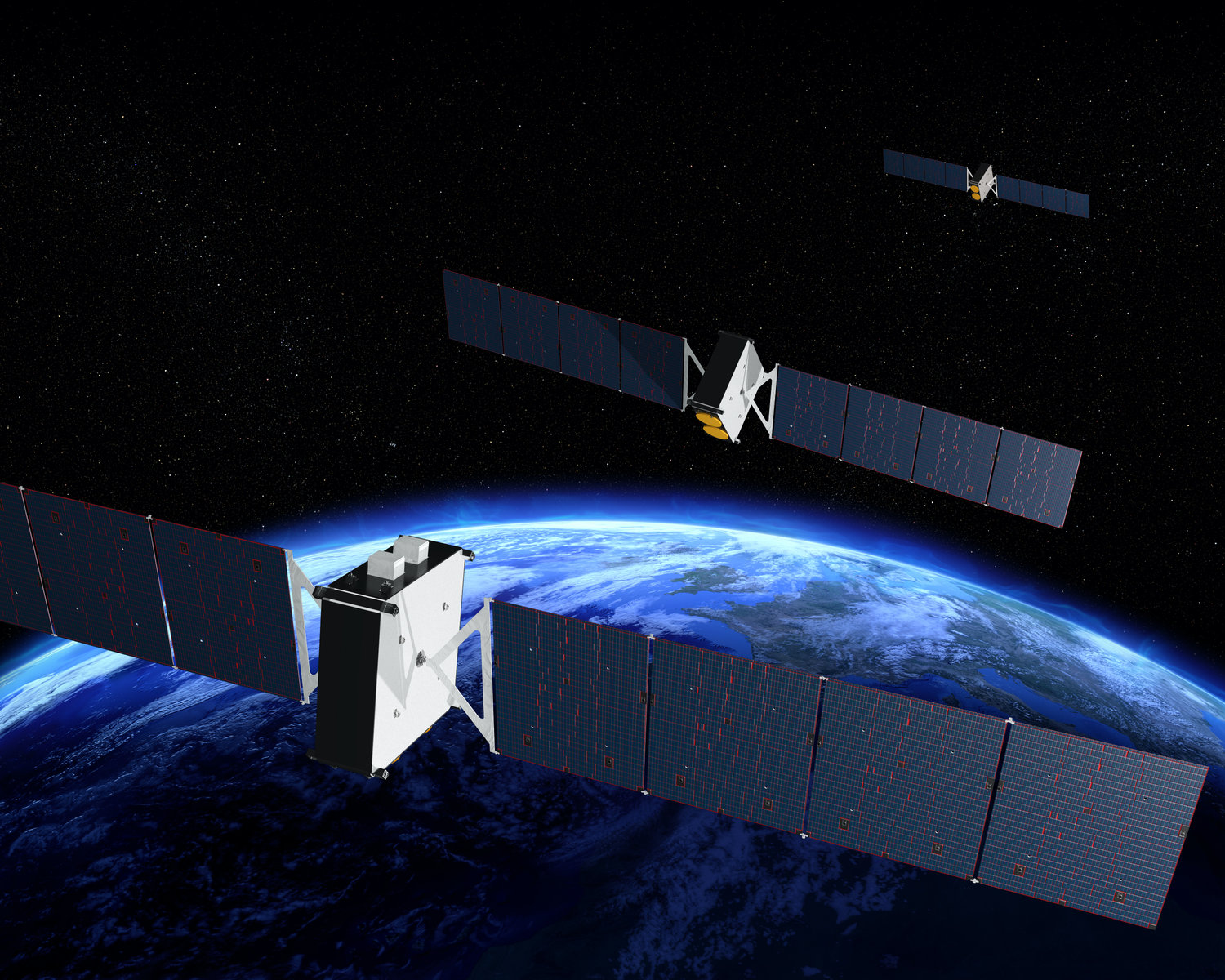Products You May Like
A new study by the Aerospace Corp. says there are growing opportunities for national security agencies to buy commercial services.
WASHINGTON — Commercial companies in the space industry are offering increasingly sophisticated services that previously only governments could provide. That shift has been apparent for years but many U.S. defense and intelligence agencies are still not seriously considering using these services as alternatives to traditional government programs, says a new study by the Aerospace Corporation.
“The increasing commercialization of space is presenting new opportunities for national security acquisition,” says the study published Nov. 16.
Jamie Morin, executive director of the Aerospace Corporation’s Center for Space Policy and Strategy, told SpaceNews that the study is aimed at senior decision makers in the Department of Defense and the intelligence community who may not fully understand what commercial space services are available and how to go about determining their value.
The study — co-authored by Morin and Aerospace policy analyst Robert Wilson — looked at three types of satellite-based commercial services that are widely available and growing: remote sensing, space situational awareness and communications.
Morin said agency buyers who are considering embarking on procurements of government-owned satellites should investigate commercial options.
“In the current national security environment our sense is that the benefits outweigh the risks,” said Morin.
There are pockets within the government that are transitioning to commercial services, he said, “but it’s more happenstance than a strategy, and there are missed opportunities.”
Defense agencies that don’t work with the space industry “frequently assume that space still is what it was, they assume that all the cool stuff is being done by the government,” Morin said. “They often don’t recognize the degree to which all these new commercial providers actually offer things in some cases that nobody has done.”
Commercial growth
According to the study, about 270 of the 620 remote sensing satellites in orbit are privately owned, about 200 of which are owned by U.S. companies, and about 50 are owned by the U.S. military or intelligence agencies.
Space situational awareness capabilities to track objects in orbit have historically been primarily owned by major governments. There is now a “burgeoning industry trying to fill a need for commercial companies to monitor and track their satellites,” says the study. “As commercial solutions improve, DoD will have more options for integrating and using more commercial space situational awareness data.”
Satellite communications are perhaps the “richest place for defense agencies to leverage commercial capabilities,” the study says. The vast majority of communications satellites are owned and operated by private companies — from approximately 1,570 communications satellites in orbit, about 1,040 of which are U.S. systems. Of those U.S. satellites, about 960 are owned by private companies and 50 are owned and operated by the U.S. military and intelligence community.
